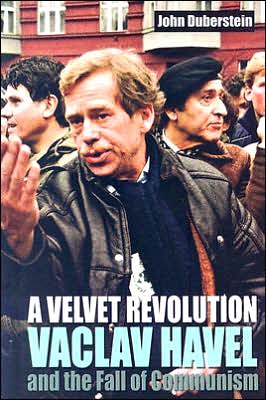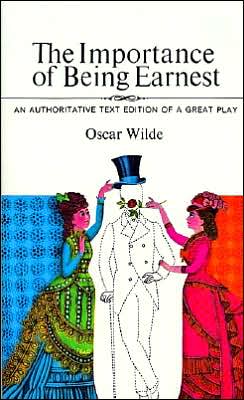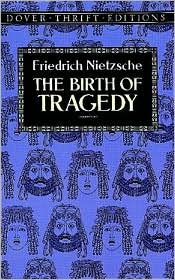A Velvet Revolution: Vaclav Havel and the Fall of Communism
Search in google:
\ Children's Literature - Mildred Hart\ There is a saying that some men are born great and others have greatness thrust upon them. Vaclav Havel is in the latter group. A feeling of alienation, which continued through his life, began when he was expelled from a boarding school for the political activity of his family. His compulsory military service in the army of his native Czechoslovakia provided Havel with his first theater experience when he produced a play in which he had a role. The theme of an innocent soul caught in the bureaucratic world of threatened violence, and a sense of powerlessness developed in this period and continued through his growth into a mature playwright. His marriage to Olga Splichalova, a beautiful young woman who shared his passion for the theater, occurred during this period and lasted through four decades. In spite of world indifference when the Soviet Union invaded Czechoslovakia in 1968, Havel and others sought artistic freedom. The worldwide success of his play led to the political realm, and by 1975 he had written an open letter to Czech president Gustav Husak that was critical of the government and called for reforms. In a year, Havel gathered a group called "Charter 77" to pressure the government to live up to United Nations' Covenants signed by Czechoslovakia, which endorsed civil, political, economic, cultural, and social rights. Authorities tried to silence the "Chartists," as the group was called, by intimidating them; but, when that tactic failed, Havel was arrested in 1979 for crimes committed against the state. The essay he wrote then, "The Power of the Powerless," has become a manifesto of resistance movements in Eastern Europe. Part of the "World Leaders" series.\ \ \ \ \ School Library JournalGr 9 Up-Havel's life is inextricably tied to significant events in the history of Czechoslovakia in the 20th century, in which he became a key player. Early chapters explore his childhood during World War II and its aftermath with keen attention to the impact of being from a bourgeois family. The heart of the book examines his path from a passionate intellectual and playwright to leader of Charter 77, the human-rights group that played a crucial role leading to the collapse of the communist regime. Closing chapters deal with Havel's successes and failures as a political leader and first president of his country after the Velvet Revolution. Throughout the book, the author superbly integrates explanations of the relevant historical background and events with his subject's life, thus providing readers with an introduction to a dramatic swath of six decades of history. At the same time, he does not sanitize the life of Havel, whose personal shortcomings are not overlooked. Black-and-white and full-color photos and reproductions further complement this excellent biography.-Elizabeth Talbot, University of Illinois, Champaign Copyright 2006 Reed Business Information.\ \








